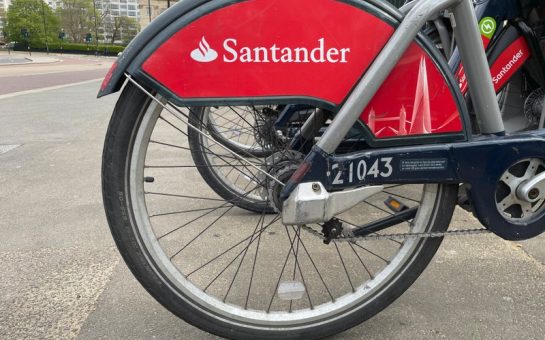The Skilled Worker visa is changing. The visa, which was previously updated in 2021, is a route through which skilled workers can enter the UK and work for companies with an official sponsor licence.
That means any London business owners need to familiarise themselves with the new requirements if they want to employ people from overseas.
Recruiting international workers the right way

For context, 212,551 worker visas were issued in the year ending June 2023 [1].
That’s 93,371 more visas than the same period in 2022. The 78% increase is a testament to the strength of the UK’s employment market, even in light of recent economic issues.
The benefits are, of course, mutual. Foreign workers aren’t just a boon for the British economy; they’re beneficial for the businesses that employ them.
From plugging skill gaps and increasing productivity to introducing new workplace practices, there are numerous benefits to employing foreign workers.
Any London business owners who want to unlock these benefits must adhere to the latest immigration policies.
One visa that will be affected more than others by the latest policy updates is the Skilled Worker visa.
This is the third most popular worker visa behind healthcare and temporary worker visas.
The visa has requirements for both the worker and the sponsor wanting to recruit a skilled worker.
The biggest change to the Skilled Worker visa in 2024 is the minimum salary requirement.
Although it’s the individual who applies for a skilled worker visa, the sponsor company is responsible for setting the salary.
Therefore, if you’re aiming to recruit skilled workers from abroad and have a sponsor licence, you need to know the salary requirements.
New rules, new costs and new fines

The Skilled Worker visa eligibility requirements stipulate a range of different criteria, one of which is a minimum salary.
Applicants need to understand whether that applies to them as there are many reasons it may not – for example, the “going rate” for work being done or the applicant’s experience level might impact their eligibility.
However, as of April 4, 2024, the salary threshold is the main aspect changing – it will be going up from £26,600 per year to £38,700.
You also need to know that the immigration health surcharge has increased from £624 to £1,035 per year.
The visa applicant has to bear this cost.
However, if you’re a business owner who wants to attract the best talent from overseas, you may want to cover the surcharge as an incentive. Another incentive you might want to consider is subsidised travel.
Commuting costs now account for a significant portion of most worker’s wages [2].
Therefore, if you want to make a job more appealing, offering to cover some of a worker’s travel costs on top of the £38,700 minimum wage could help.
Whatever ways you try to make a role more attractive for foreign workers, make sure it aligns with the new rules because ignoring them will cost you money.
The new rules for 2024 also include increased fines for businesses hiring people without the necessary visas or documentation.
As per the updated policies, first-time offenders will be fined £45,000.
That’s up from £15,000. Repeating offers will be fined £60,000 per offence.
No one wants to pay unnecessary fines, which is why you need to familiarise yourself with the new visa rules if you’re planning to recruit workers from overseas in 2024.
Further Reading
2. London community costs spike
Cover image by Scott Graham on Unsplash





